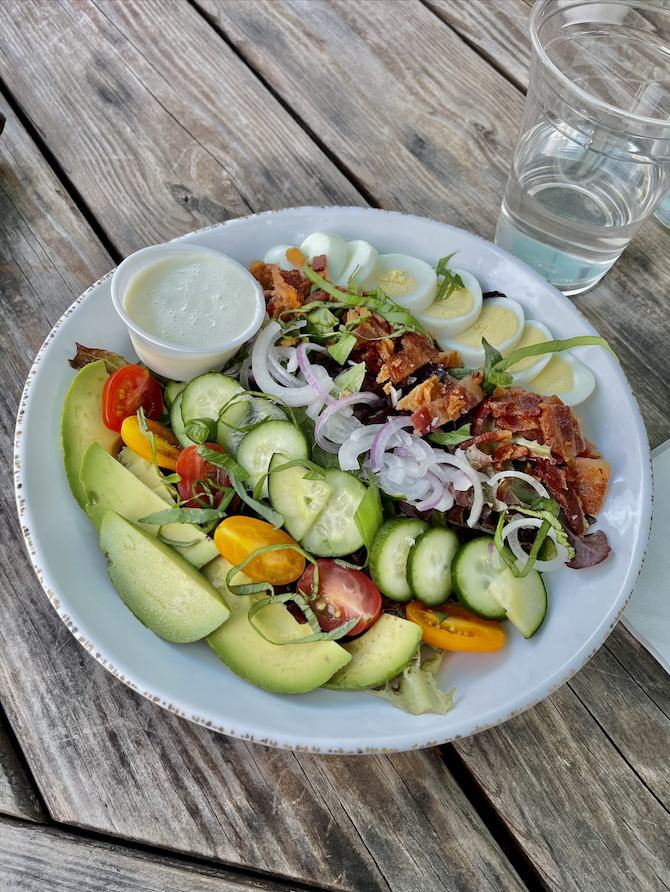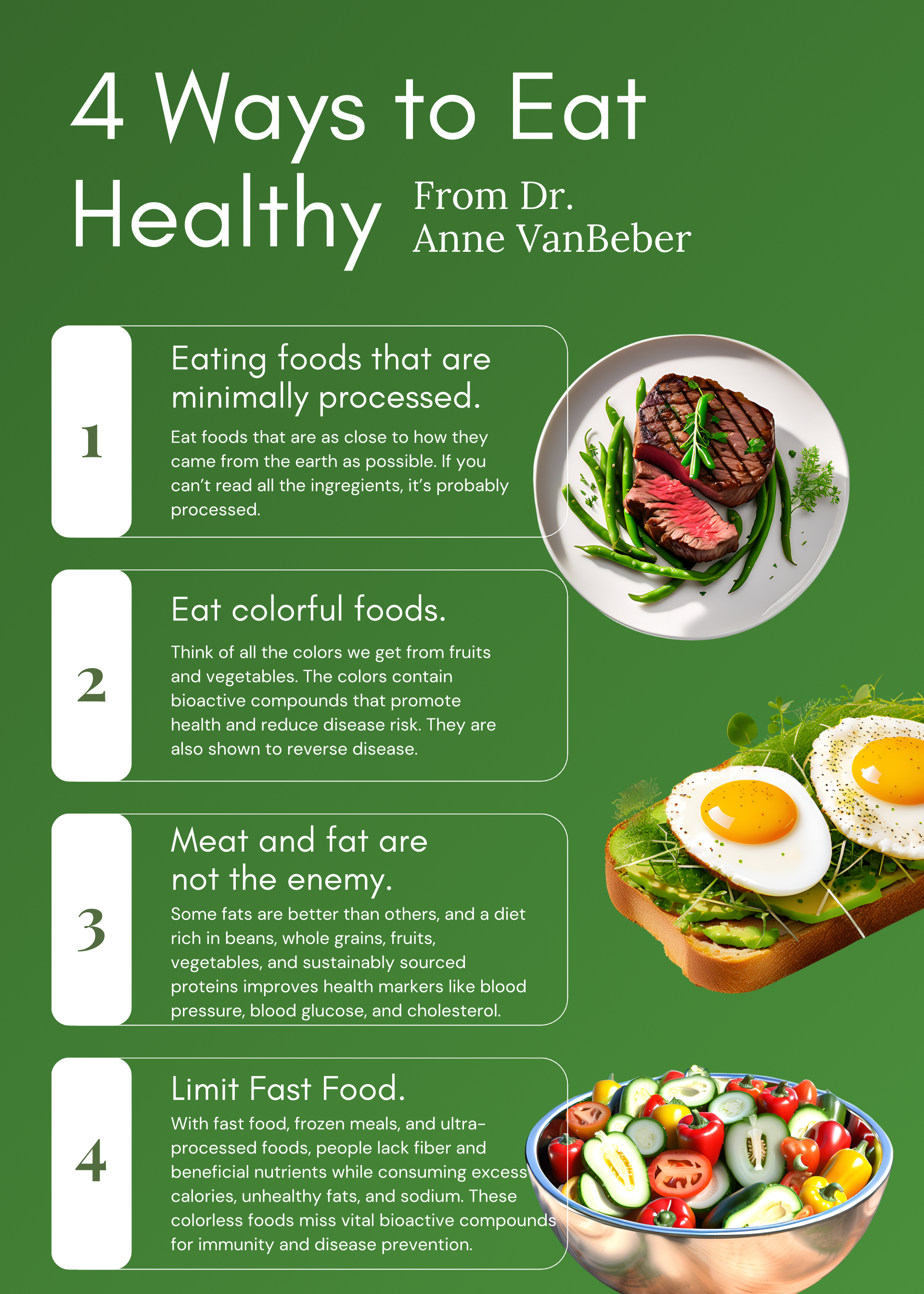Food is Medicine bills:
Texas food organizations advocate for legislative action

Food banks and advocacy groups across the state are pushing lawmakers to integrate nutrition-focused healthcare solutions into the state’s Medicaid system, ensuring that healthy food is prescribed as part of medical treatment for patients with chronic illnesses.
Five years ago, the organization embarked on its "Food is Medicine" mission, eliminating donations of sugary beverages and unhealthy food items. Today, TAFB has one of the nation’s leading nutrition programs, supported by a grant from Feeding America and CVS. The program includes five key interventions: nutrition education, medically tailored meals, medically tailored groceries, a 15-pound produce bag and a six-month biometric monitoring system to track health improvements.
"Our first cohort showed significant health improvements," Butner said. "We know that good food matters and food is medicine.”
Julie Butner, a registered dietician and a TCU alumna with a master's degree in food system management, has seen firsthand the link between nutrition and health outcomes. She now serves as President and Chief Executive Officer of Tarrant Area Food Bank (TAFB), which serves approximately 500,000 people across 13 counties, providing essential food resources to low-income families. Butner said she has made it her mission to prioritize nutrition in the fight against food insecurity.
"For me, it's a personal issue because of my background," Butner said. "When I got to the food bank, one of the first things I did was change our mission statement to include health as part of the mission statement. I knew firsthand how important what we eat is to our overall health and well-being. At the food bank, we began hiring registered dieticians in the community.”
Dr. Anne VanBeber, Nutrition Science professor at Texas Christian University.
Dr. Anne VanBeber, Nutrition Science professor at Texas Christian University.
Legislative push for "Food is Medicine" in Texas
Feeding Texas, the lobbying arm representing 20 food banks across the state, advocates for policy changes to integrate food-based interventions into healthcare. Their goal is to establish Medicaid reimbursement for "Food is Medicine" services, allowing healthcare providers to prescribe nutritious food as part of treatment plans.
Kennedy Hill, government relations manager for TAFB, emphasized the importance of legislative action in addressing food insecurity and health disparities.
"Texas has the second-highest rate of food insecurity in the nation,” Hills said.“To address this urgent issue, [TAFB] is advancing legislative priorities aimed at reducing hunger and improving nutrition."
Key legislative priorities for the upcoming session include:
Expanding access to nutrition-focused healthcare
- Ashley Cruz, Advocacy Manager for Feeding Texas
"Texas should authorize the Texas Health and Human Services Commission (HHSC) to pursue Medicaid financing for medically appropriate, cost-effective, and evidence-based solutions to address non-medical drivers of health. This could be accomplished via “in-lieu of services”(ILOS)." Feeding Texas Plans: Improve Health Outcomes By Increasing Access To Healthy Food.
Modernizing the eligibility system
-Kennedy Hill, Advocacy Manager for Tarrant area Food Bank
"System errors and glitches within TIERS, the system that underpins SNAP, Medicaid, and TANF, have led to application processing delays and errors. We support fully funding HHSC’s LAR Exceptional Item Request #2 to permanently fix these problems." TAFB Policy Priorities and Strategic Initiatives.
Implementing summer EBT
-Kennedy Hill, Advocacy Manager for Tarrant area Food Bank
"1 in 4 Texas children experience hunger, which spikes in the summer because millions of children lost access to school meals. Summer EBT is a new program that would provide low-income families with children $120 in food benefits during the summer." TAFB Policy Priorities and Strategic Initiatives.
Advocates Take Action
As part of their advocacy efforts, Feeding Texas and TAFB are participating in lobbying initiatives at both the state and national levels. Representatives will meet with national legislators in Washington, D.C. on March 4 and 5, and April 2 has been designated as Texas Lobby Day for food banks to push for these crucial policy changes at the state level.
If successful, these initiatives could increase funding and reimbursement for nutrition-based healthcare interventions, making them more accessible to low-income communities.
In June 2023, Governor Greg Abbott signed House Bill 1575 into law, which acknowledges the impact of non-medical factors on health outcomes. According to Feeding Texas, research shows that a person’s home, office, and recreational areas can impact health by as much as 80% and that food insecurity costs the U.S. about $53 billion and the state of Texas some $2 billion annually. Advocates remain hopeful that the Texas Legislature will take action.

